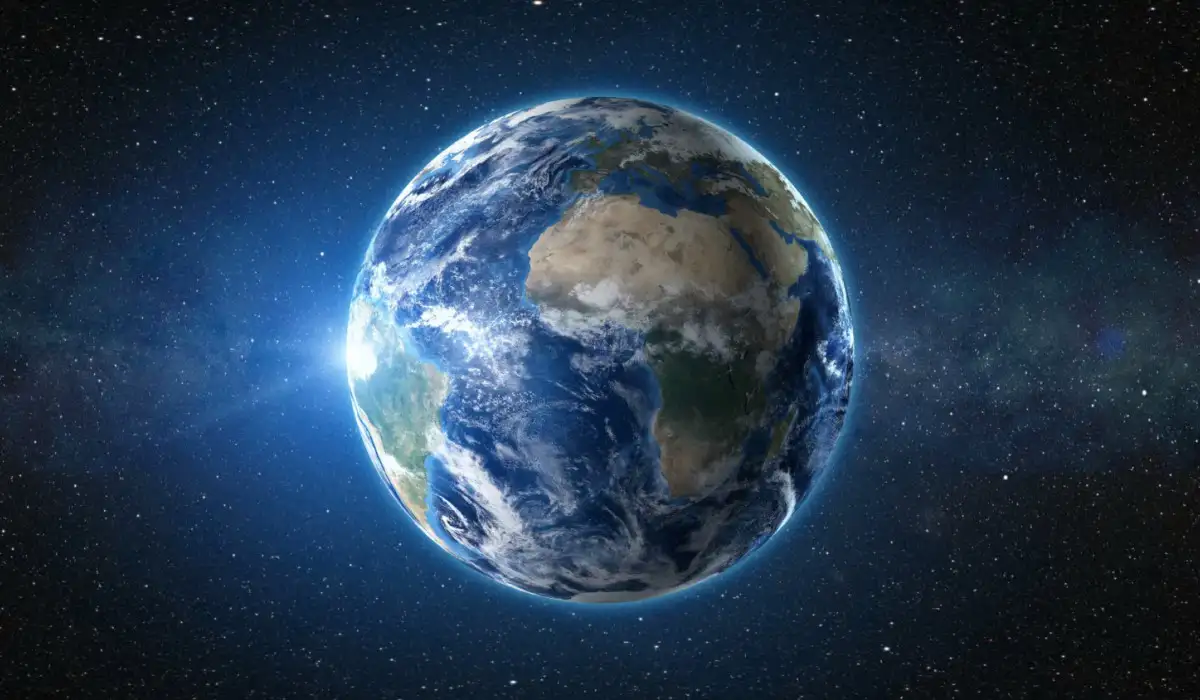Every year on January 8th, we celebrate Earth’s Rotation Day to honor the incredible scientific revelation that our planet spins around its own axis. This transformative discovery drastically changed our perspective of Earth’s role in the universe, emphasizing key concepts in both astronomy and physics.
Earth’s Rotation Day serves as a platform to increase understanding and gratitude for the leaps forward in science that have deepened our comprehension of our world.
Ideas to Celebrate Earth's Rotation Day
Host a Planetarium Visit
Consider planning a journey to the nearest planetarium. It's an ideal location for gathering information about astronomical science, including the intricacies of our planet's rotation. Activities like this appeal to all generations and promote learning in an enjoyable way.
Night Sky Observation
Plan a night-time event that emphasizes sky watching. The use of telescopes for identifying celestial bodies could develop individuals' understanding of our world's rotation.
Earth’s Rotation Day Webinar
Consider inviting a science expert to host an instructive session on the rotation of the Earth. The session could encompass fascinating insights, a detailed discussion on its implications, and how it affects our day-to-day living. It's a superb platform for educational institutions.
Fun Science Experiments
Arrange practical scientific experiments which illustrate the concept of Earth's rotation in an understandable and fascinating manner. This can be especially stimulating and engaging for younger age groups.
Online Trivia Night
Arrange for an online game night with your loved ones, incorporating trivia about Earth's rotation and other space-related topics. This could bring in a fun, interactive element to the celebration.
6 Interesting Facts About Earth's Rotation
Rotational Speed
The speed at which our planet turns varies depending on latitude. At the Equator, it whizzes around at around 1,670 kilometers per hour, whilst virtually standing still at the poles.
Coriolis Effect
Our Earth's spin has a peculiar effect known as the Coriolis effect, that makes storms whirl clockwise in the Southern hemisphere and anticlockwise in the Northern hemisphere.
Tides and Earth's Rotation
Ocean tides, causally affected by the gravitational influences of the Moon and Sun, also impact Earth's rotation. Namely, they're decelerating Earth's spin and driving the Moon to slowly drift away from Earth.
Chandler Wobble
The Earth, due to its not perfectly spherical form, has a rotation with a 'wobble', famously called the Chandler wobble. Named after Seth Carlo Chandler, an American astronomer, this cyclical fluctuation lasts 433 days.
Sidereal vs Solar Day
A Sidereal day, which is the time needed for Earth to make one full rotation relative to the stars, is surprisingly shorter than a solar day, coming in at approximately 23 hours, 56 minutes, and 4 seconds.
Effects on Space Travel
Our planet's spin is incredibly useful for space travel. Rockets, for instance, are most often set off eastwards to exploit the 'free' beginning speed delivered by the rotation of Earth.
Earth's Rotation Day FAQs
Next Earth's Rotation Day Dates
| Year | Date | Day |
|---|---|---|
| 2023 | January 8th | Sunday |
| 2024 | January 8th | Monday |
| 2025 | January 8th | Wednesday |
| 2026 | January 8th | Thursday |
| 2027 | January 8th | Friday |
| What is the pattern? | Every January 8th | |
Earth's Rotation Day Word Search
- Earth
- Rotation
- Axis
- Day
- Tilt
- Shadow
